JZ Murdock’s 28-minute film-poem Pvt. Ravel’s Bolero uses the documentary format to imagine the private life of French composer Maurice Ravel during his service in WWI. Through this, Murdock imagines Ravel’s process that ended with the composition of one of the most famous pieces of classical music, Bolero.
Set to the piece itself and other Ravel works, the film is divided into three parts. It utilises public domain footage and photos while voice actors perform Murdock’s poem (written in English, later translated to French for the purpose of the film) on the voiceover narration. This poem is the real headliner, to which the visuals mould themselves. Biographical and war facts, letter excerpts, colloquial trivia, quotes, and cusswords are either narrated or appear as overlaid texts and intertitles.
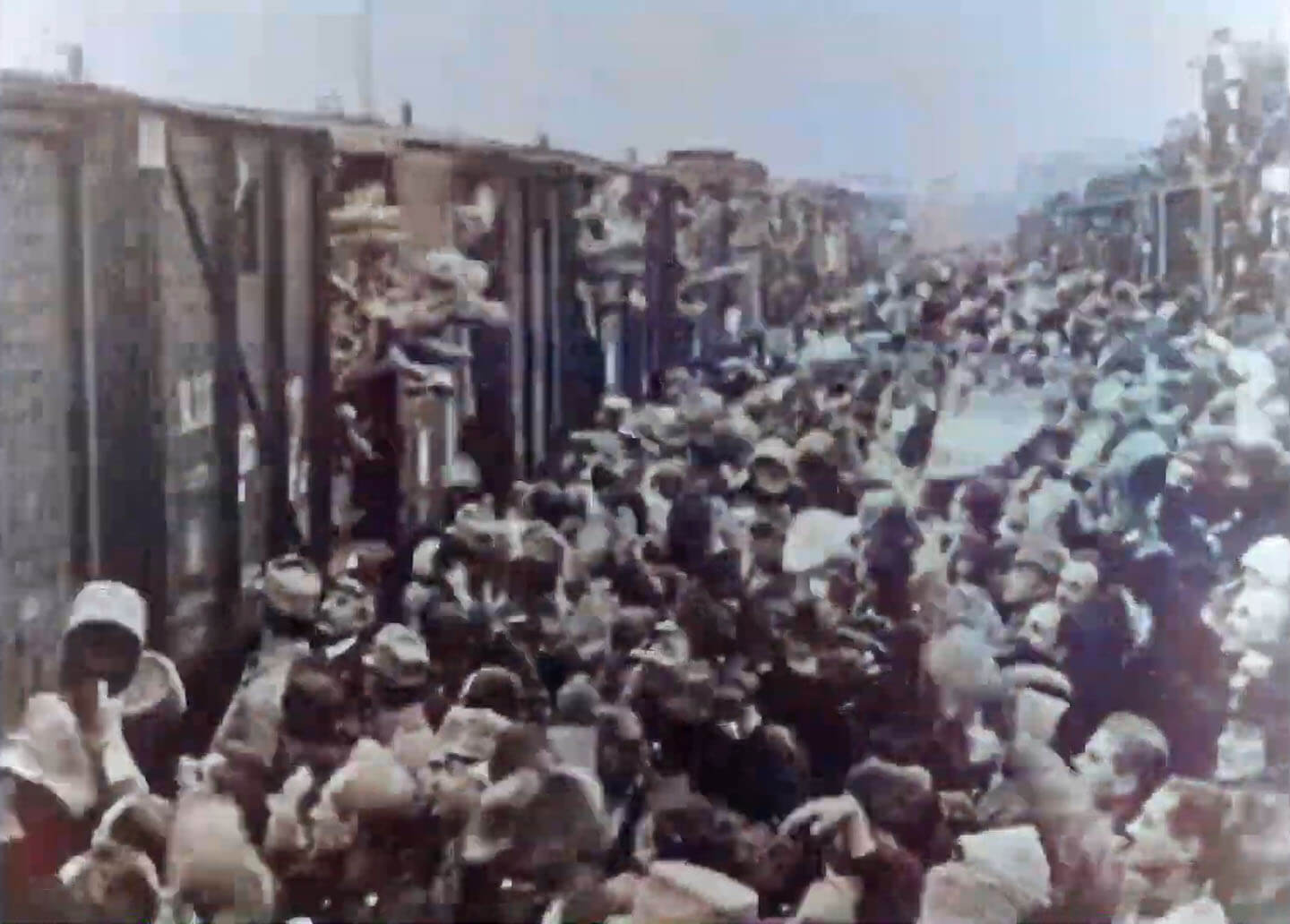
The collage of disparate elements depicts the blood and horror amidst which Ravel might have found himself. In a way, the structural chaos of the film contrasts with the structural monotony of Ravel’s piece. To this end, the writing also attempts to represent some of the frenzy and confusion of war while the soundtrack plays sounds of canons and gunfire. It also evinces an enthusiastic tribute to the composer as the poem imagines the love Ravel (voiced by Jey Martin) had for his beloved delivery truck, Adelaide (Brel Martínez). Letter excerpts indicate Ravel’s feelings about the war into which he was about to enter (I’m eager to have adventures) while the poem details the nightmare.
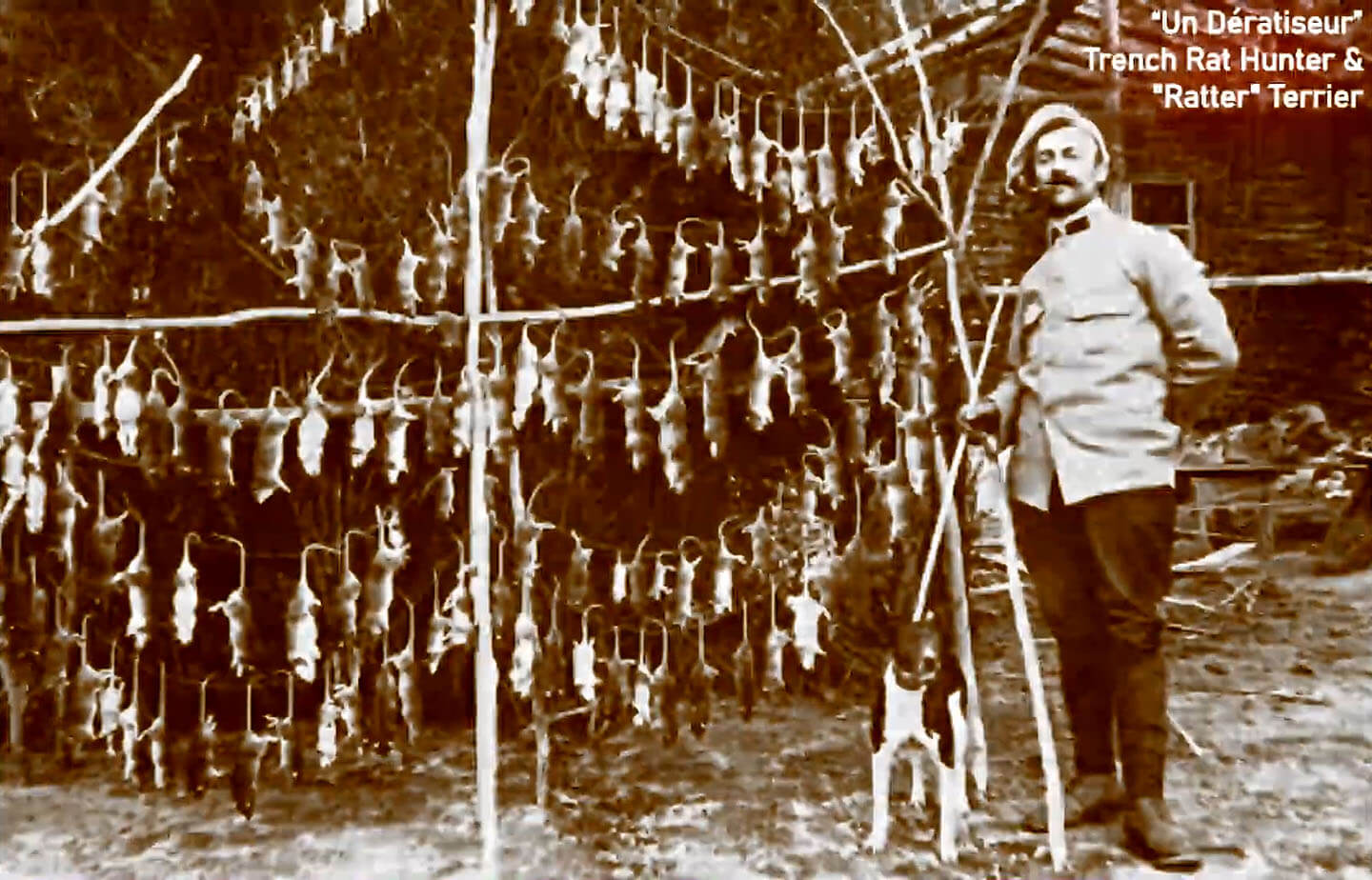
Pvt. Ravel’s Bolero is necessarily long, surpassing the length of the titular Bolero, governed as it is by the length of the poem. Given the nature of its subject, it ends as a harrowing experience. The film’s deliberately tumultuous construction devotes itself to delivering just such a feeling.
Watch Pvt. Ravel’s Bolero Documentary Trailer
Pvt. Ravel’s Bolero: A Fictional Foray Into the Context of a Musical Masterpiece
-
Screenplay
-
Editing
-
Music


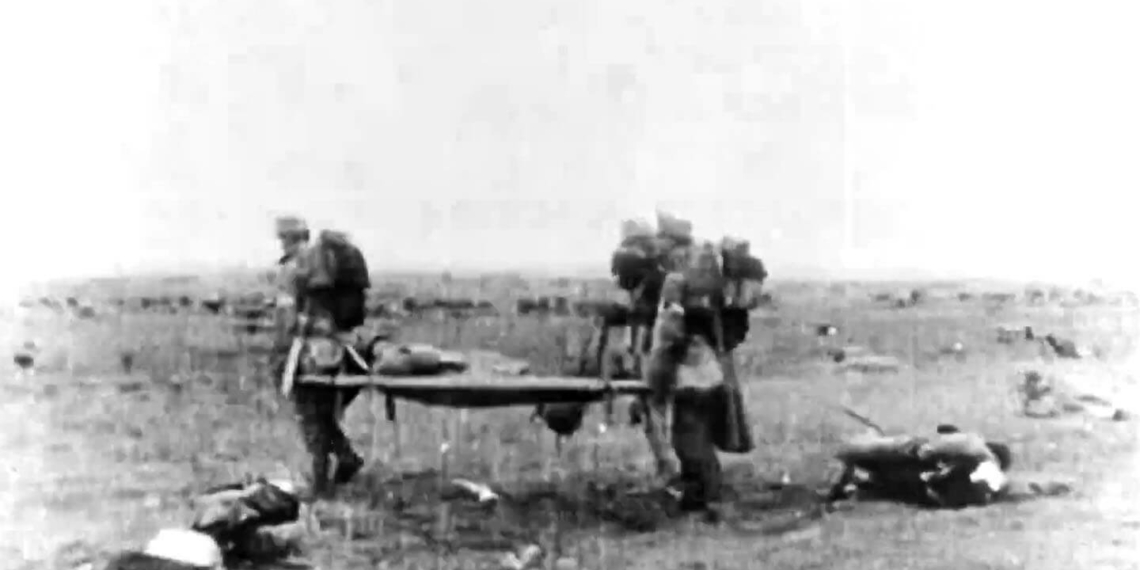
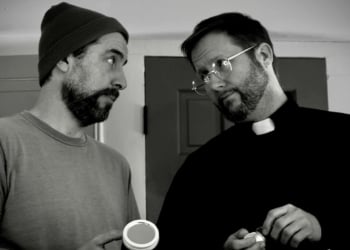
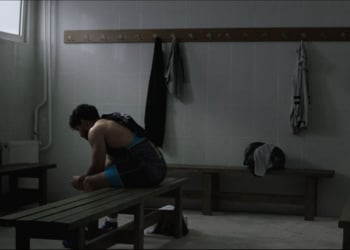












Very nice review. Thank you so much!